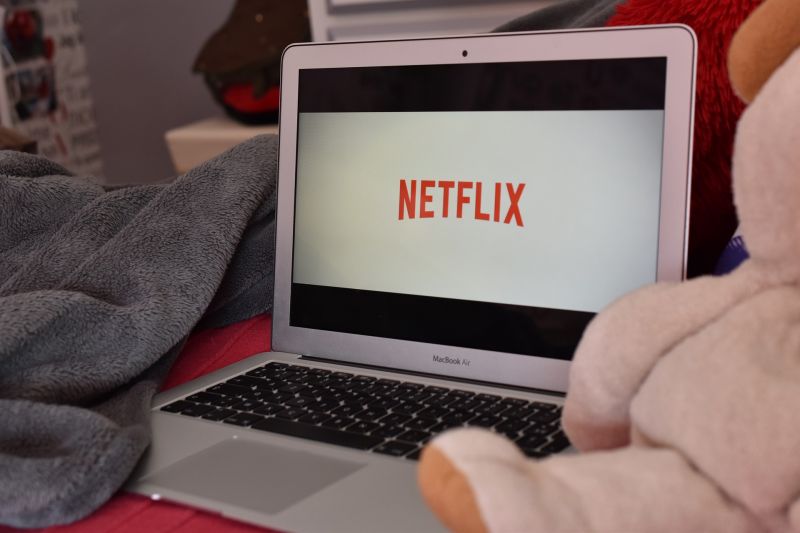Two firsts for the Europlanet Science Congress: This year, it’s going virtual and giving schools the chance to follow talks, attend workshops and ask questions online.
British auction house Christie’s to sell one of the largest known Tyrannosaurus rexes.
Second fastest supercomputer in the world uncovers new theory about how the coronavirus impacts the body.
Using a computational model, an international team of researchers has examined the formative stages of slow-slip ruptures in Earth’s crust before detecting a tremor.
New study claims that the universe will end with explosions unlike anything we’ve ever seen.
A team of EU-backed researchers has developed a novel method to study the atomic structure of superheavy chemical elements.
New study links generosity as key to long life.
Women world leaders have handled the coronavirus pandemic more effectively than their male counterparts.
Decisions on how to build back economies after the coronavirus pandemic will impact the global warming trajectory, according to an international team of researchers.
New technology turns salty water into clean drinking water.
Power suppliers, technology providers, researchers and steel industry partners have launched a pilot plant to produce hydrogen using electricity from renewables.
Scientists were able to monitor seismic activity with a fibre optic cable connecting a North Sea wind farm to the shore.

There are major health benefits for people who watch Christmas-themed films all year.
An 81-year-old Harvard study offers sound advice on leading happy lives.
Leading academic journal ‘Nature’ publishes its annual list of 10 people who positively or negatively influenced science.
Drinking green tea may reduce risk of heart disease and stroke.
New study says an asteroid, not volcanic activity, killed off the dinosaurs.
Scientists recreate the voice of a 3 000-year-old mummy.
Solar telescope has produced the highest-resolution image of the Sun’s surface ever taken.
The most distant object ever visited by spacecraft reveals secrets of planetary formation.